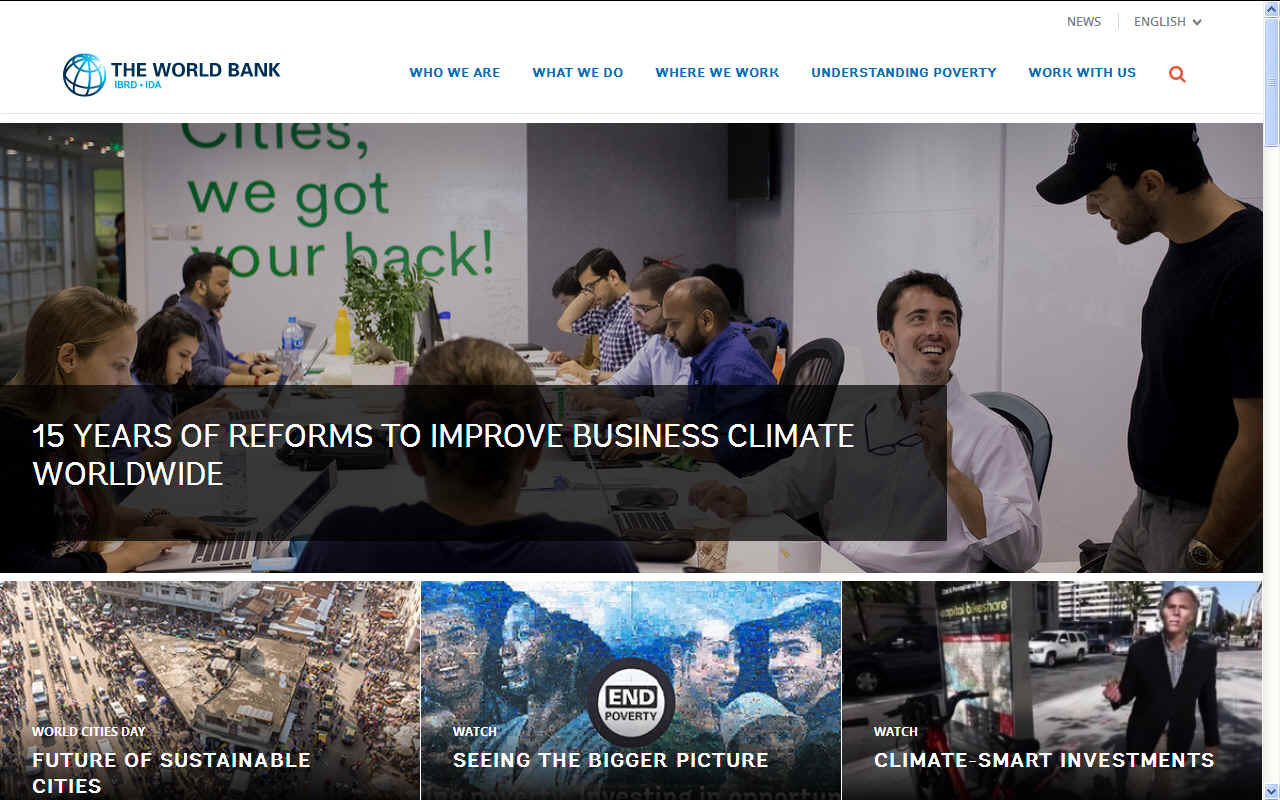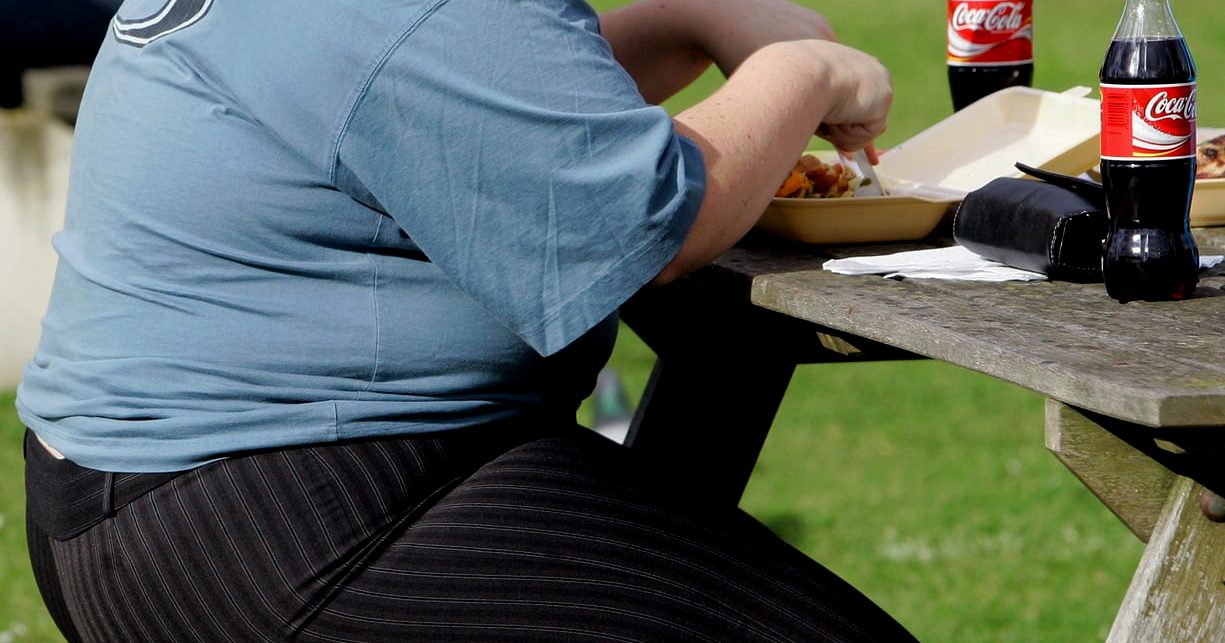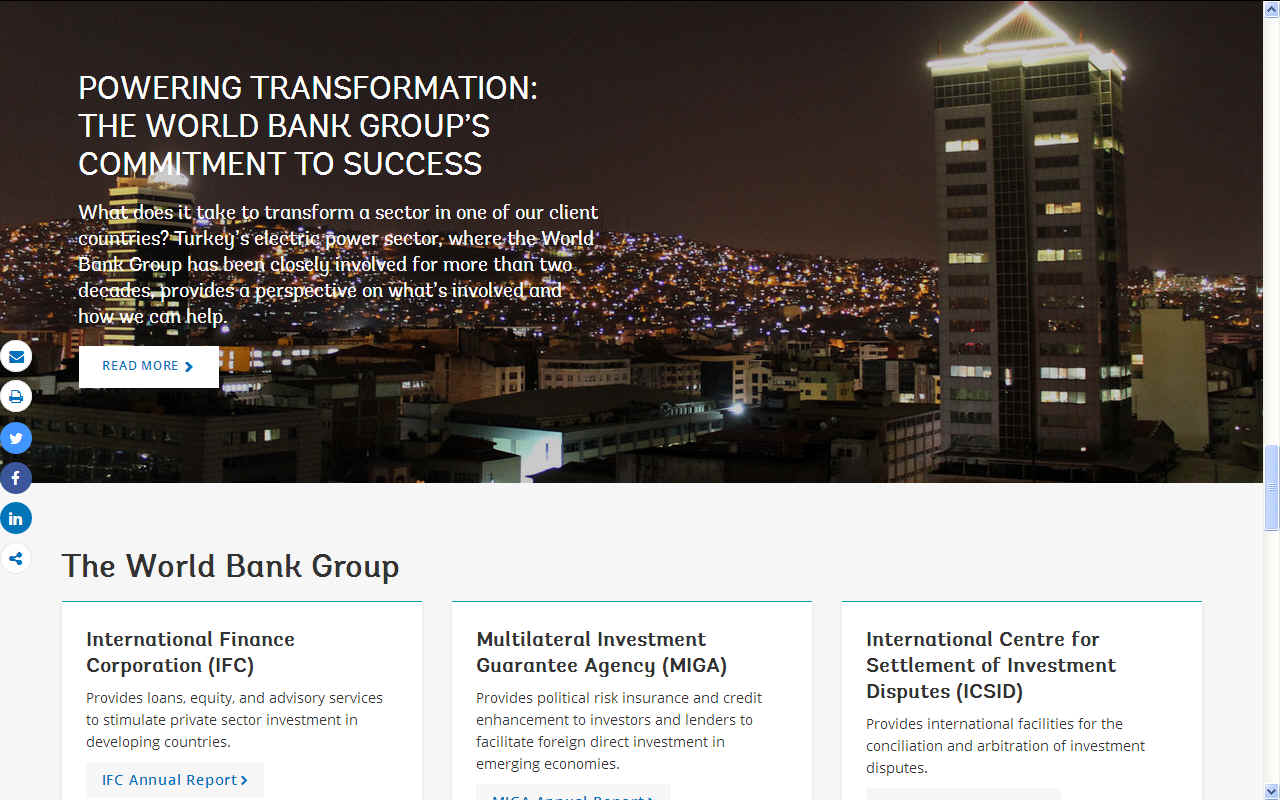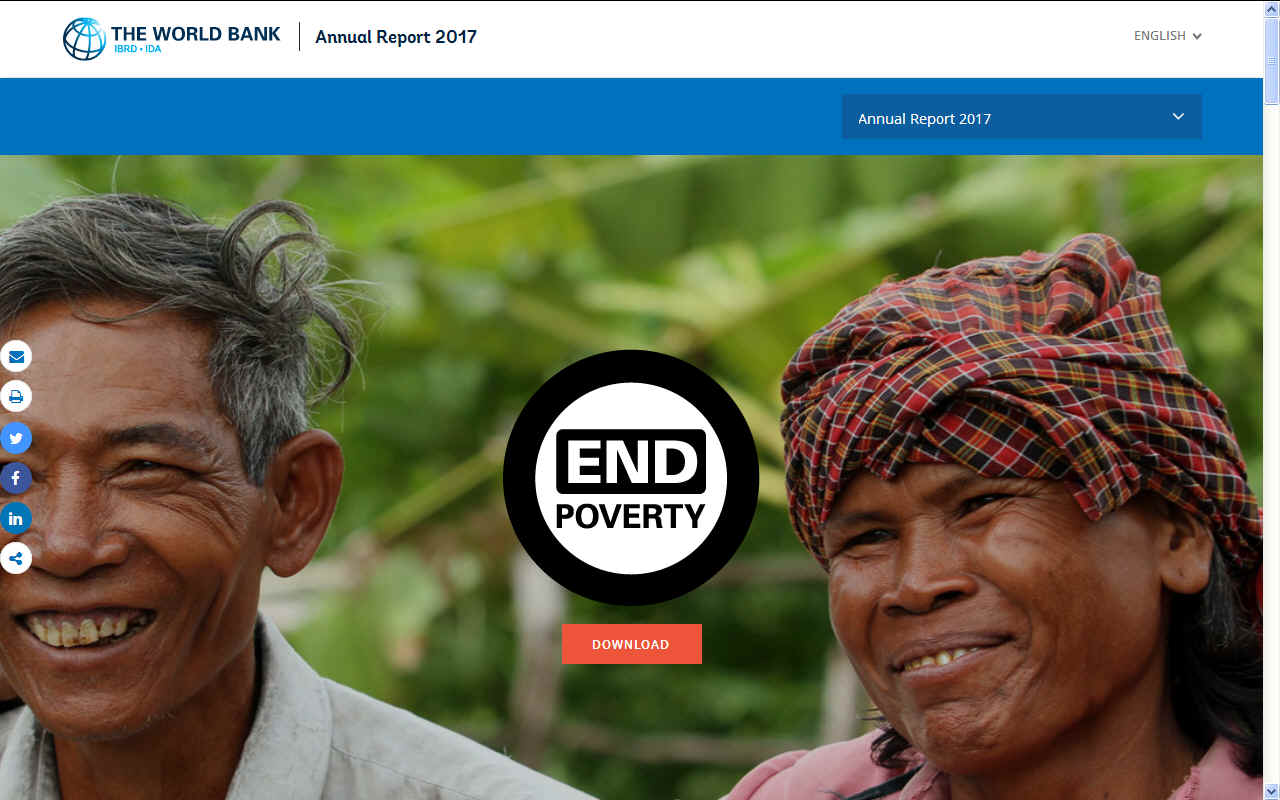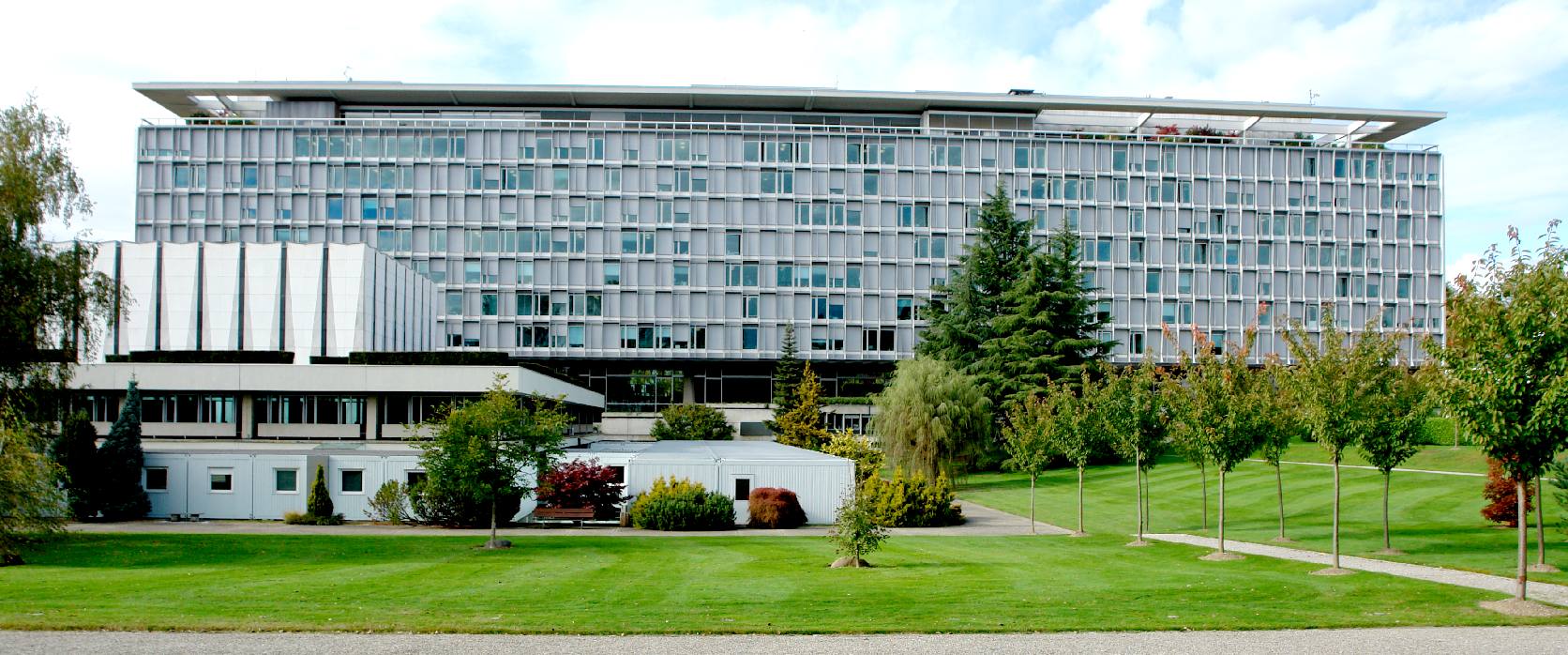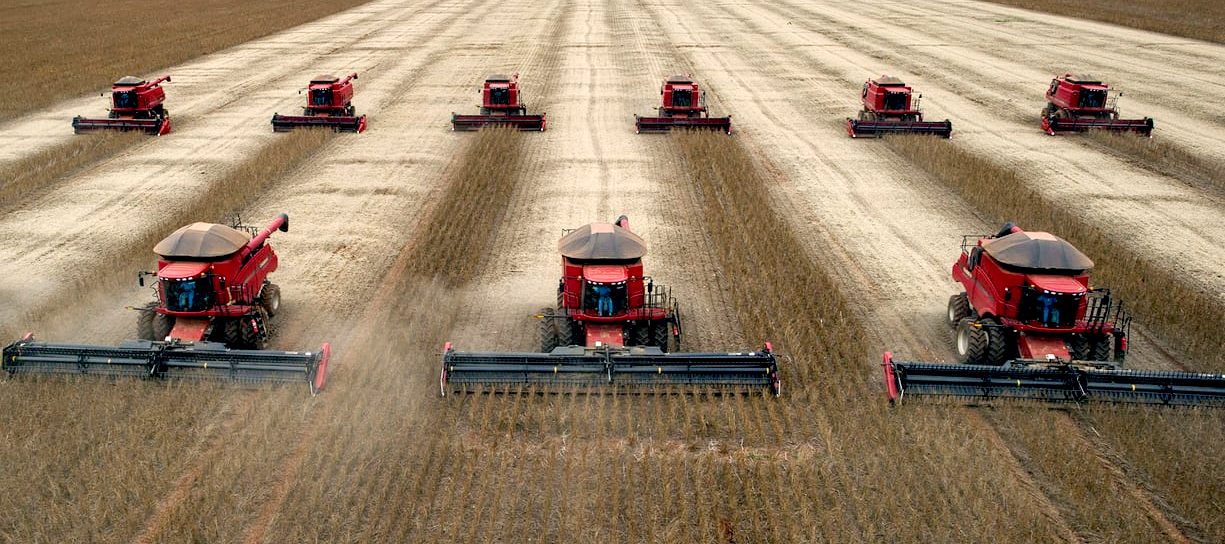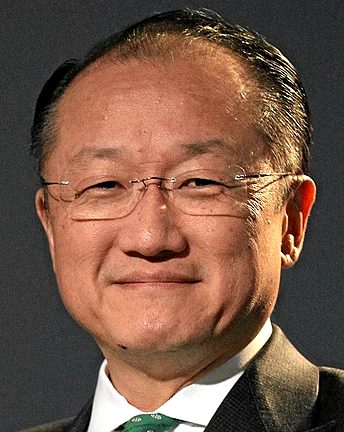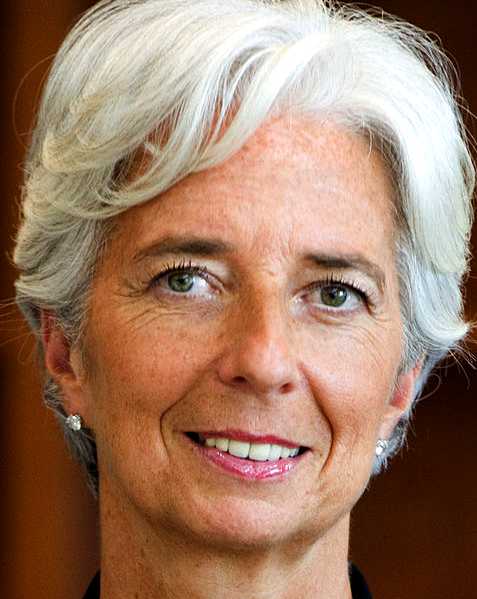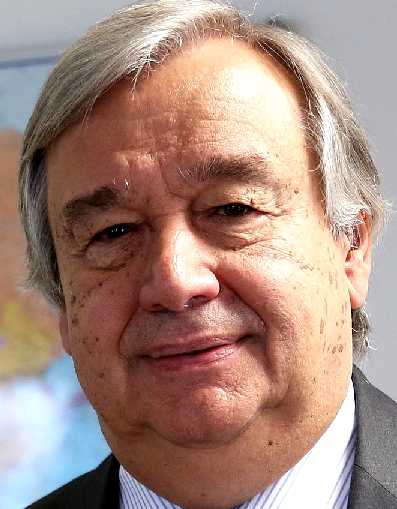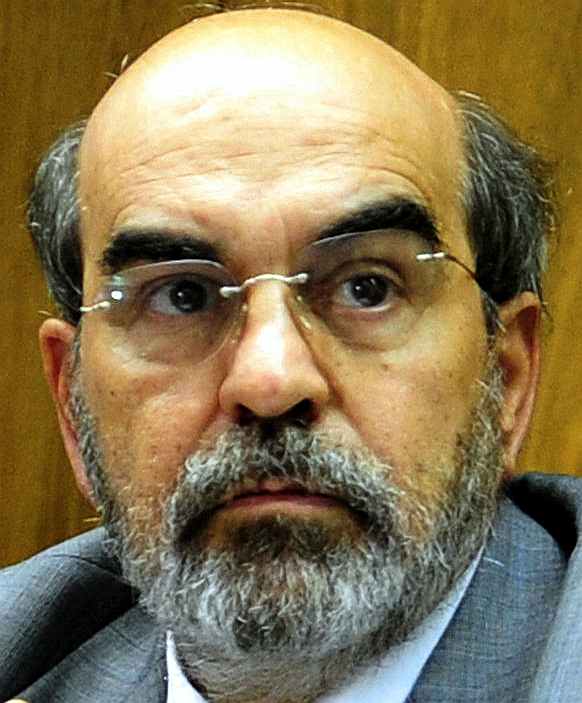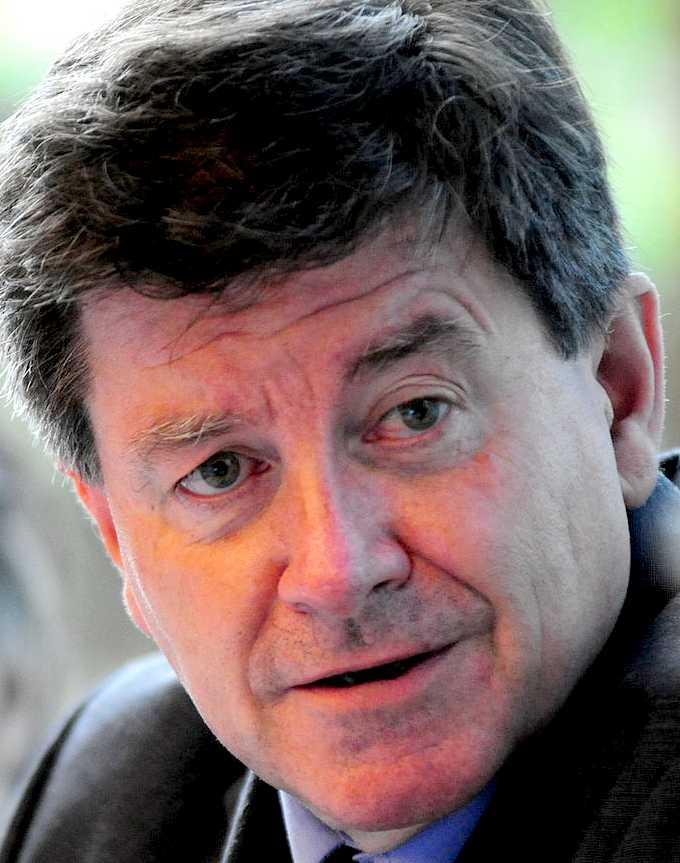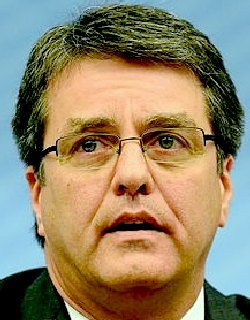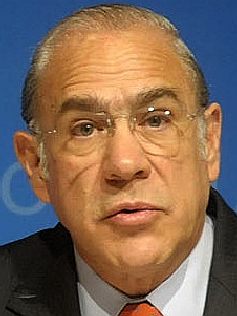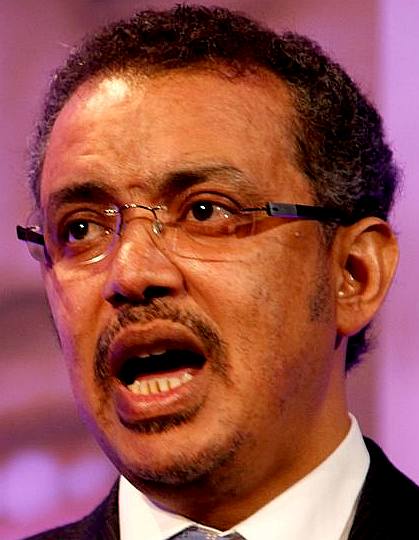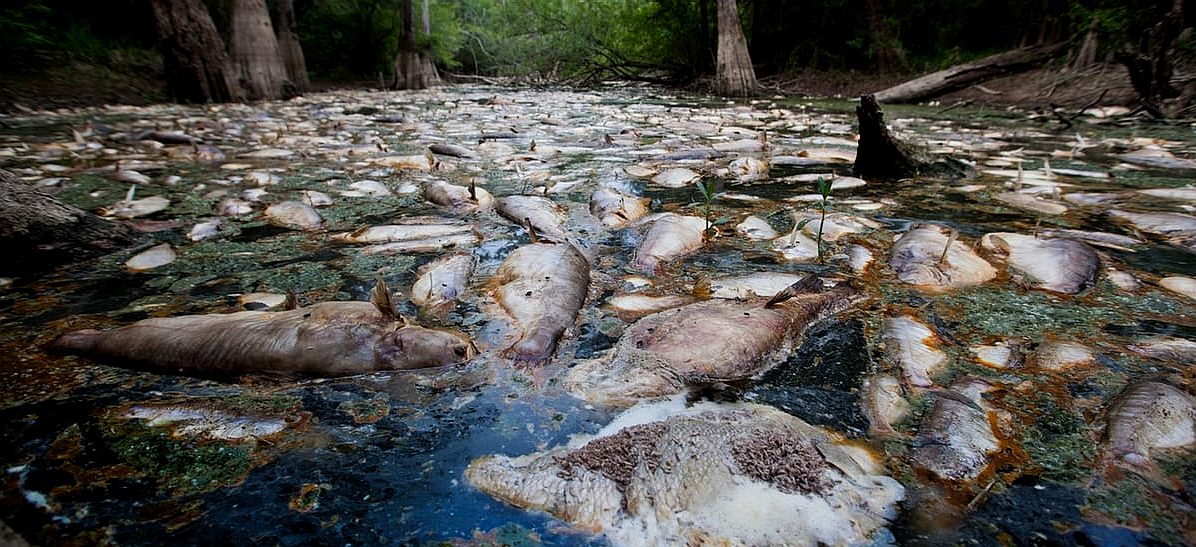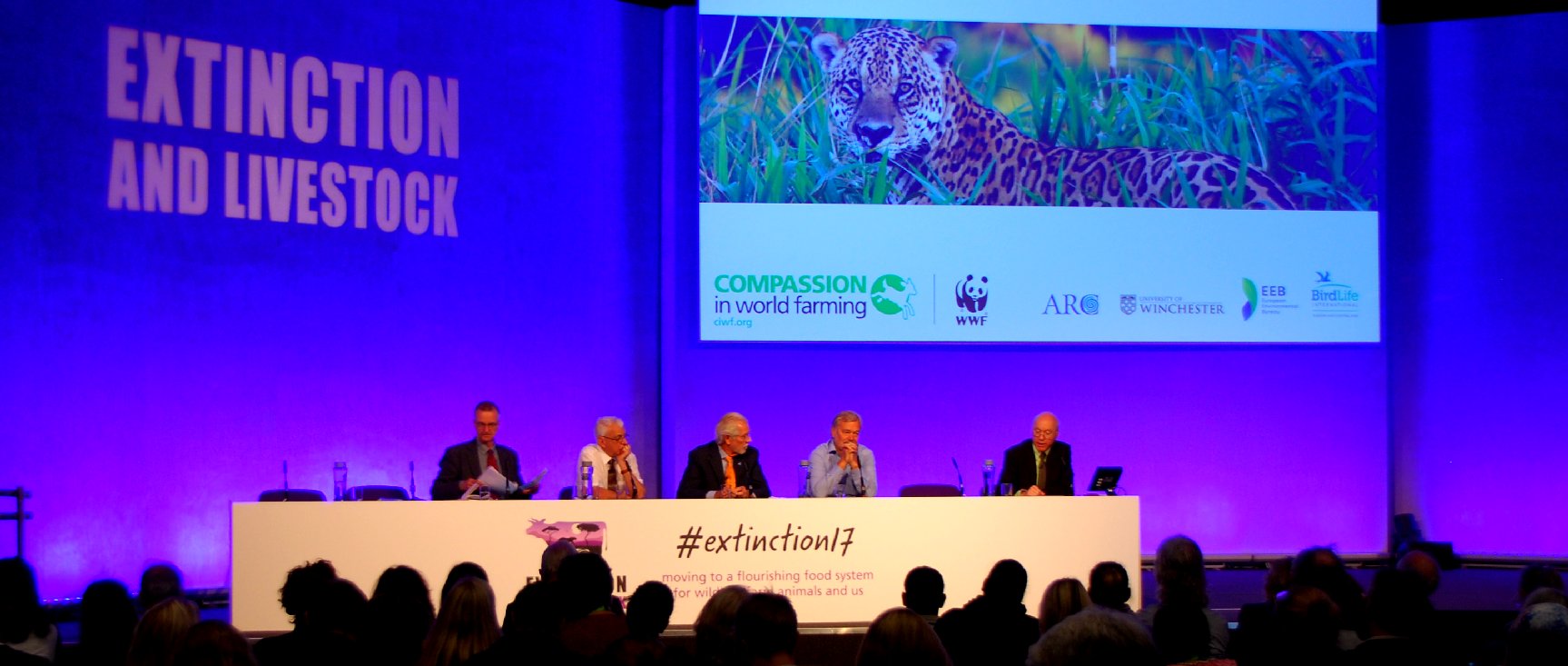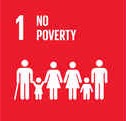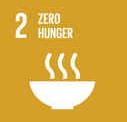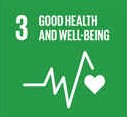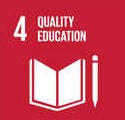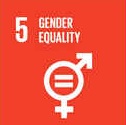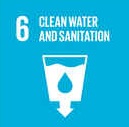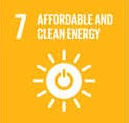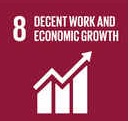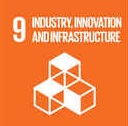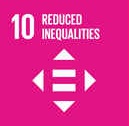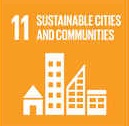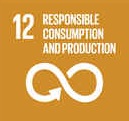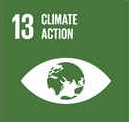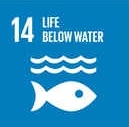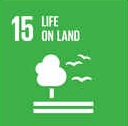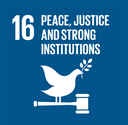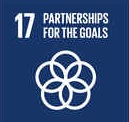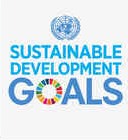|
THE WORLD BANK
ABOUT - CONTACTS - DONATE - FOUNDATION - HOME - A-Z INDEX
COMPASSION IN WORLD FARMING: The Extinction & Livestock Conference, organised by CiWF in partnership with World Wildlife Fund (WWF), was the world’s first ever conference to explore the impact of livestock production on animals, people and the planet. It attracted more than 500 people from 30 different countries who heard from many world leading experts on the environment, conservation, food policy, animal welfare and human health.
THE GUARDIAN NOVEMBER 4 2017 - $640 MILLION PLEDGED TO MALNOURISHED THIRD WORLD
Donors have pledged an extra $640m (£490m) to reduce the serious burden of malnutrition, which affects one in three people in the world.
FAST FOOD: The global nutrition report estimates that the likelihood of meeting internationally agreed targets to halt the rise in obesity and diabetes by 2025 is less than 1%. While some countries enjoy virtually limitless supplies of food to fuel over-eating on a regular basis, others are at the other end of the extremes. While trying to achieve a balance, we must not blame the fast food chains for providing meals quickly. Using plastic for packaging though, is something that we can address by making people aware of the harm careless disposal could mean. We must fight to conserve our food resources to be able to tackle starvation that is likely to increase seriously when the fish run out. For that is sure to happen if we do not make waves now to do something about ocean waste.
The likelihood of meeting global targets to halt the rise in obesity and diabetes by 2025 is less than 1%.
ABOUT THE WORLD BANK
The World Bank consists of five organizations:
The International Bank for Reconstruction and Development
The International Bank for Reconstruction and Development (IBRD) lends to governments of middle-income and creditworthy low-income countries.
The International Development Association
The International Development Association (IDA) provides interest-free loans — called credits — and grants to governments of the poorest countries.
Together, IBRD and IDA make up the World Bank.
The International Finance Corporation
The International Finance Corporation (IFC) is the largest global development institution focused exclusively on the private sector. We help developing countries achieve sustainable growth by financing investment, mobilizing capital in international financial markets, and providing advisory services to businesses and governments.
The Multilateral Investment Guarantee Agency
The Multilateral Investment Guarantee Agency (MIGA) was created in 1988 to promote foreign direct investment into developing countries to support economic growth, reduce poverty, and improve people’s lives. MIGA fulfills this mandate by offering political risk insurance (guarantees) to investors and lenders.
The International Centre for Settlement of Investment Disputes
The International Centre for Settlement of Investment Disputes (ICSID) provides international facilities for conciliation and arbitration of investment disputes.
CLOSE CROP: Industrial agriculture is raping the land and depositing the dirty laundry in our oceans and rivers. This picture is of combine harvesters crop soybeans in Campo Novo do Parecis, a former rainforest in Mato Grosso, Brazil.
WORLD BANK GOALS
The World Bank Group has set two goals for the world to achieve by 2030:
2. Promote shared prosperity by fostering the income growth of the bottom 40% for every country
INTERNATIONAL ORGANIZATIONS 2018
POVERTY
More than 1 billion people still live in deep poverty, a state of affairs that is morally unacceptable given the resources and technology we have available today. At the same time, rising inequality and social exclusion seems to accompany rising prosperity in many countries.
SWAMPED: Dead fish in a polluted bayou off the Pearl river in St Tammany parish, Louisiana.
LINKS & REFERENCE
http://www.worldbank.org/ http://www.gatesfoundation.org/ http://www.who.int/
COMPASSION IN WORLD FARMING: The Extinction & Livestock Conference, organised by CiWF in partnership with World Wildlife Fund (WWF), was the world’s first ever conference to explore the impact of livestock production on animals, people and the planet. It attracted more than 500 people from 30 different countries who heard from many world leading experts on the environment, conservation, food policy, animal welfare and human health.
This website is provided on a free basis as a public information service. copyright © Cleaner Oceans Foundation Ltd (COFL) (Company No: 4674774) 2017. Solar Studios, BN271RF, United Kingdom. COFL is a charity without share capital. The names AmphiMax™, RiverVax™ and SeaVax™ are trade names used under license by COF in connection with their 'Feed The World' ocean cleaning sustainability campaign.
|
